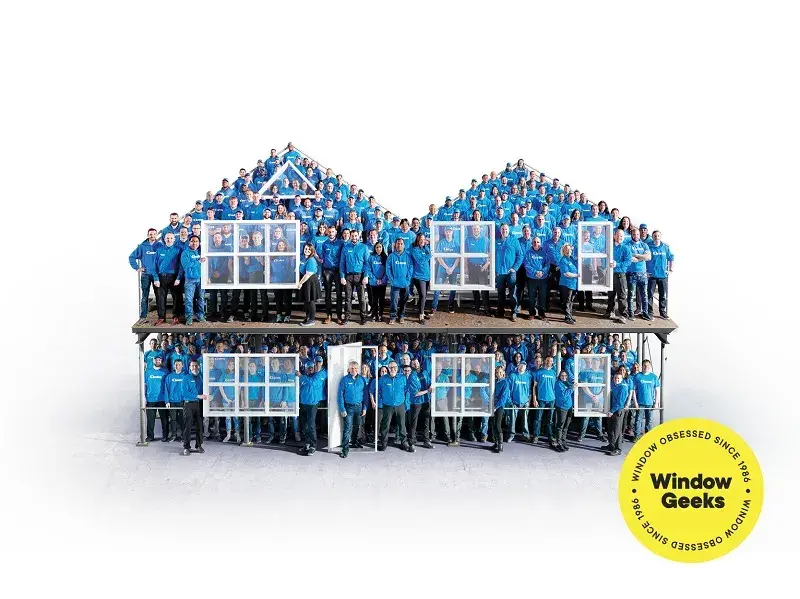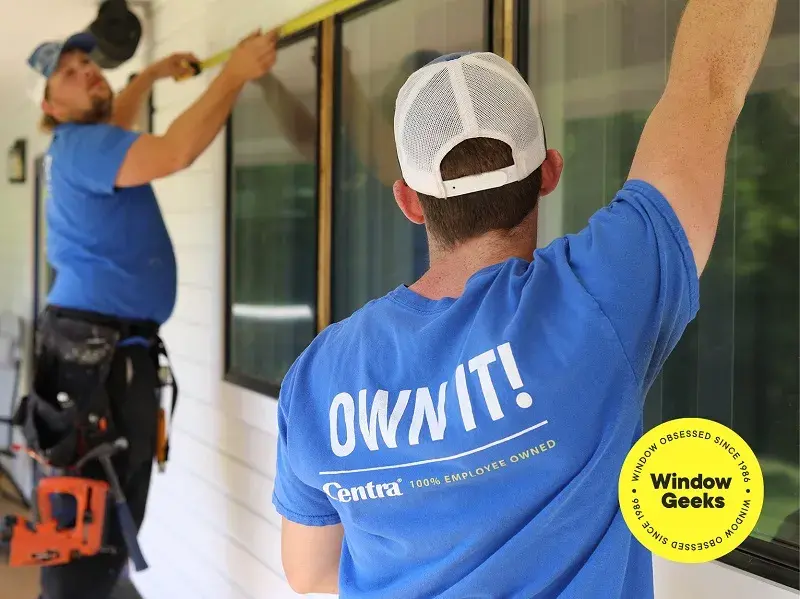Categories
Trending
Comfort In The News
Talking Fall Window Issues with CTV
Budgeting Comfort In The News
Top Tips for Finding a Good Window Warranty
Comfort Energy Savings In The News
Discover Centra’s Supreme Collection Windows: The Best Option for Comfort and Style
Recommended
Architects Engineers
You may not Need NAFS Labels on a Part 9 TownhomeArchitects Engineers
What is 6mm 6mm Glass and could it be bad for your project?How is Window Thermal Performance Regulated and Enforced in Canada?
This week on the Window Geeks: Master Class series, we’ll be exploring the regulation and enforcement of thermal performance for windows. Be sure to check out our last entry where we covered the basics of thermal performance if you haven’t already.
After reading this article, you will know the following:
- The agency that sets standards for efficiency
- The agencies that regulate thermal performance
- Why this knowledge is important
Which agencies regulate thermal performance?
In BC, the thermal performance of windows is regulated by two agencies – the Ministry of Housing, which creates the building code, and the Ministry of Energy, which regulates the energy efficiency of products sold on the market. The building code specifies a U-Value based on location and Heating Degree Days.
What are heating degree days?
Heating degree days, or HDD, quantifies the energy required to heat a building. The measurement itself is based on external air temperature and varies depending on location. Locally, HDD equates to the number of degrees Celsius a given day’s mean temperature is below 18°C. Anything above 18 is zero. Anything below contributes to the HDD annual total, so a day that is 10°C would mean that day’s HDD Value would be 8.
Most of Europe has a lower base temperature. This is how boundary conditions (standards) result in European windows appearing better on paper than North American Windows (advantaging imported windows).
Which agency sets standards for comparing different products?
The intention of the NFRC was to fairly compare different manufacturers by evaluating the thermal transmittance of their products. As such, it lays out a standard size for each window configuration. As is often the case, there are some limitations to this standard. It does not take mullions into account, disincentivizing manufacturers to make any thermal improvements to mullions. The issue with this is mullions often require (steel) reinforcement, resulting in them acting as a thermal bridge, thus significantly affecting the U-Value of the overall window. Additionally, the U-Value according to the NFRC standard size is only accurate at said NFRC standard size. Windows with a higher glass-to-frame ratio will perform better. As such, NFRC U-Values are not suitable for energy modelling.
Note: While mullions aren’t taken into account, meeting rails of sliding windows are. These are commonly addressed as mullions, but technically aren’t.
Why knowing who regulates and enforces standards is important
Performance standards are made based on numerous factors, including region-specific climate data. Given these regional variations, it helps to know where to find the standards for the location you’re building in. The Window Geeks often hear the question, “what is the best window for thermal performance”? This is a complicated question, not just due to climate, but because “BEST” will encompass factors such as whether the building is exposed (determined by terrain), how tall the building is, if it is near the ocean, whether it’s south or north-facing, if it is protected by overhangs – the list goes on and on.
Arguably, a window that outperforms what is necessary for the region will only drive up your costs and will not be the BEST for your particular project. We’ve touched on this topic previously. NAFS has a useful calculator based on region, which helps you determine the requirements of your location. Furthermore, municipalities themselves can set their own regulations. For example, the City of Vancouver and Maple Ridge have their own standards in terms of life safety requirements (egress and sprinkler requirements).
Join us next time when we’ll be looking at thermal performance and the BC Step Code! Sign up for our Window Geeks: Master Class to stay up to date on this exclusive series.



